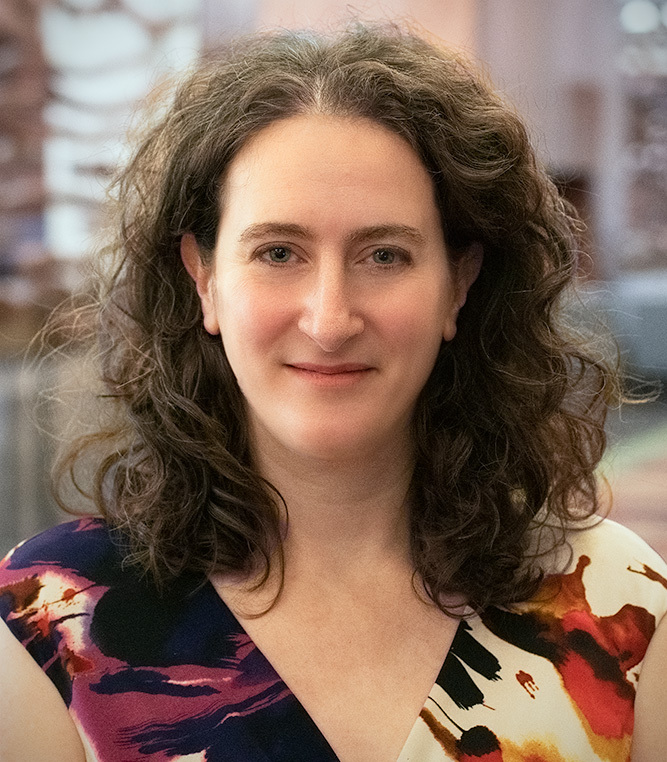If your family is anything like mine, you spent several hours over the holidays playing with a new technology called ChatGPT. For those of you not familiar with ChatGPT, it’s an OpenAI program that can write… well, anything. I’ve asked it to write a sonnet comparing Bali and Mars, a narrative essay about a one-eyed dog that goes back in time and meets Leonardo da Vinci, and an answer to the question, “Do you think Star Trek: Discovery should be considered Star Trek canon, and why or why not?”
And yes, I’ve also asked it to write answers to several of the writing prompts in Imagine Edgenuity courses. Which it does exceedingly well.
As ChatGPT is now broadly (and freely) available to anyone, we know that students have already started using it to “help” them with their work in Imagine Edgenuity. We know that educators are concerned. So are we. We’ve already begun the conversations internally about what steps we can and should be taking to help teachers determine when AI was used to generate a written response.
What We Can Do Now
Along with ChatGPT, OpenAI also created a tool that can analyze a piece of writing and predict the likelihood that it was created by artificial intelligence. Teachers can access this tool for free here. In our testing, we’ve found it to be remarkably accurate. We highly recommend using this tool if a student has submitted work that seems out of character — more formally written than usual, slightly robotic, or with details that don’t match what you know about the student. For example, one of our teachers read an essay from a sixth grader that talked about the difficulties he had fitting in on his first day at a large, public high school; something was clearly off, and the AI detector confirmed it.
What We’re Working on for the Future
We will be incorporating this kind of detection within the Academic Integrity toolset available now in Imagine Edgenuity. Just as we can currently report on the percentage of a written response that appears online or has already been submitted by another student, we will provide information to teachers on whether AI was likely involved in crafting the text. We are working to have this feature available before the end of the current school year.
